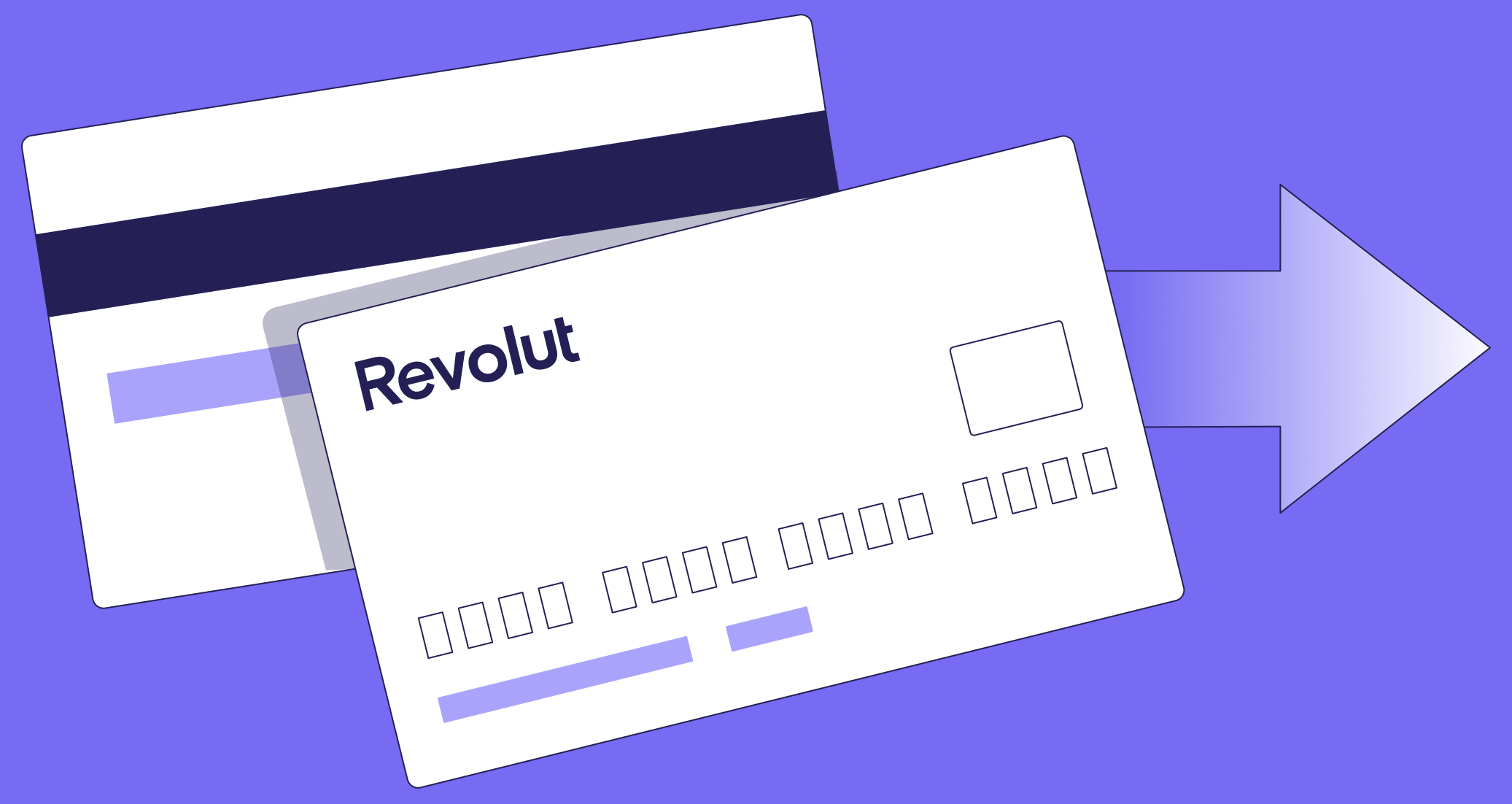Invoice and mandate scam – This scam starts with the victim trying to pay an invoice to a genuine payee.
CEO fraud – This is where the scammer impersonates the chief executive officer (CEO) or other high-ranking official of an organisation.
Impersonation scam – police or organisations – In this scam, a criminal gets in touch and pretends to be from the police or the victim’s bank.
Impersonation scam – family or friends – Here, the fraudster pretends to be a family member or someone the victim knows.
Purchase scam – This is when you pay in advance for goods or services that are never received.
Investment scam – A criminal convinces you to move your money to a fund that doesn’t exist or to pay for a fake investment.
Romance scam – Fraudsters will use fake profiles on social media or dating websites to target their victims.
Advance fee scam – In this type of scam, a criminal convinces you to pay a fee that they claim will result in the release of a much larger payment or high value goods.
Crytpo Scam – Victims are lured in by fake cryptocurrency brokers online. The criminals advise they open a Revolut account, as cryptocurrency trading is allowed in its app, and then pay an upfront ‘deposit’. The fraudsters then steal this fee.








